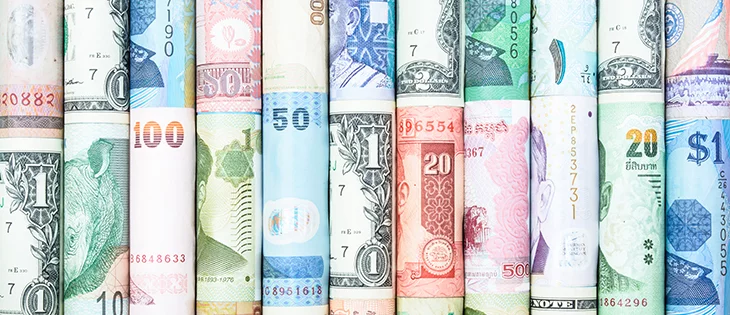Drausio Giacomelli, Deutsche Bank’s Chief Emerging Markets Strategist, notes that Brazil’s fiscal discussions and rising spending have led to global investor caution.
This skepticism is limiting the flow of foreign capital into the country.
In 2023, foreign direct investment (FDI) in Brazil’s production sector plummeted by 40%.
Reports from the Central Bank highlight a decrease from last year’s $68.8 billion to $41.6 billion.
Giacomelli highlights a lack of confidence among investors, particularly after President Luiz Inácio Lula da Silva’s doubts about meeting the 2024 primary deficit elimination goal.
This uncertainty is evident in the country’s asset prices, although the government is still maintaining the 2024 fiscal target.

Giacomelli notes that foreign investment in Brazilian fixed income is at a 15-year low.
The risk premium in Brazil is among the highest for emerging markets, reflecting this cautious stance.
This sentiment stems from concerns about Brazil’s fiscal policy. Recent modifications to the fiscal framework have further eroded investor confidence.
Central Bank data reveals a significant withdrawal of foreign funds from Brazilian stocks and investment funds in recent months.
Additionally, global market adjustments due to expectations of prolonged high interest rates in the U.S. are contributing to these outflows.
Economic Policy Uncertainty
Giacomelli points out that Brazil’s current economic policy uncertainty makes it challenging for Deutsche Bank to invest there.
He emphasizes the difficulty in recommending long-term investments in Brazil without clearer policy direction.
In the current global climate of high interest rates and inflation, Giacomelli advises Brazil to adopt more pragmatic policies aligned with the international context.
On monetary policy, Giacomelli criticizes the focus on the interest rate differential between Brazil and the U.S.
He argues that Brazil’s favorable balance of payments and high international reserves mitigate external risks, making a high real interest rate unnecessary.
Turning to China, Giacomelli reflects on the importance of understanding China’s future economic growth rate.
He suggests that Brazil should reduce its fiscal, monetary, and inflation risks and integrate more into the global trade network.
This approach would diversify Brazil’s export dependencies away from China and position the country more advantageously in the global market.

